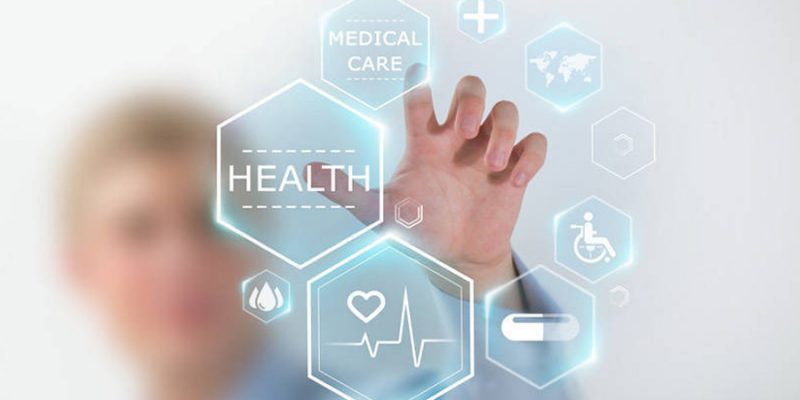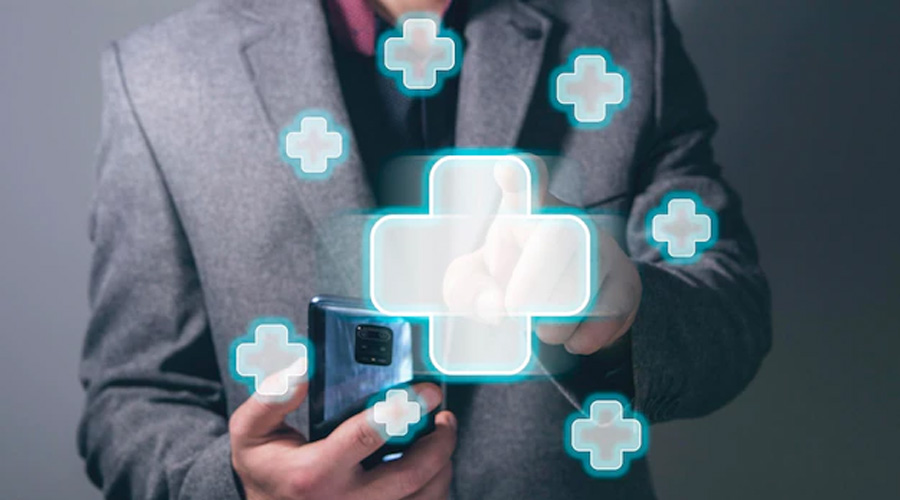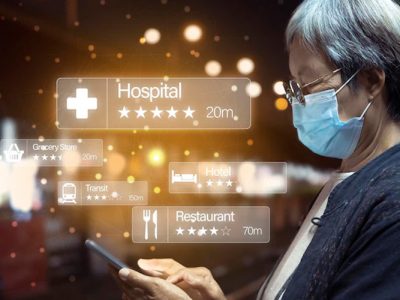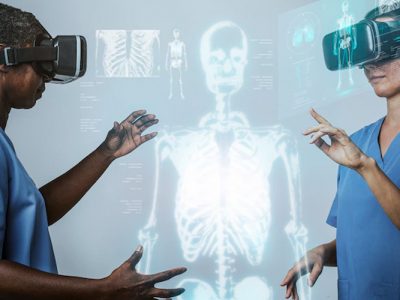
Major factors to be addressed by medical professionals owing to cybersecurity in healthcare
Healthtech threat refers to any and every malicious act intended at the healthcare industry to extract benefits or defame the concerned institution. Perpetrators involved in breaching cybersecurity in healthcare find it extremely prosperous to illegitimately mine confidential healthcare data. This advances them in pursuing identity thefts, trading valuable information to giant clients. Nonetheless, healthtech risk management applications are also rapidly developing taking into consideration the immediate need amongst the Healthcare security solution team.
Conspicuous Reasons
Various reasons are collectively responsible for healthtech threats including, a limited schedule for the medical professionals to learn about healthtech risk management, resistance to incorporate new technology pertinent to cybersecurity in healthcare, and remote access of the healthtech services extended to the internal and external public. Alongside, disregarding the security solution systems as a profitable investment and hesitating a time-consuming transition that may disturb the busy flow of operations in the industry.
Adopted Ways to Cause Healthtech Threat
Phishing
Overburdened and time-constrained healthcare professionals often tend to overlook the slight alterations in the regular mails received. As a result, they are easily misled through malevolent email content containing web links that are immensely harmful. The effects are not immediately realized, however, the dwindling beginning of the effect takes to the extreme levels of detriment caused.
Malware Attack
Nevertheless, cybersecurity in healthcare also involves controlling threats from unwanted viruses infecting the healthtech systems. A malware engulfs an un-updated system way sooner than an updated system. Sometimes patched and old computers and applications used are enormously vulnerable to malware detection that cause significant healthtech threats compromising the healthcare data. Usage of software that has become outdated and treacherous attempt of not installing security solutions like highly efficient anti-virus can cost the medical professionals as well as the institution a bulk of confidential patient data.
Identity Theft
The year 2016 is termed as one of the most insightful at the same time menacing from the perspective of cybersecurity in healthcare. This year saw numerous healthcare data losses and identity theft owing to poor healthtech risk management. Identity theft is extensively drawn from the healthcare data as it comprises of personal data of the patients that include financial information, various insurances, tax records, and tracking of personal medical conditions that enough for blackmailing.
Efficient Cybersecurity Measures
Expecting the Unexpected
Predicting and anticipating possible perils that occur o the healthcare institution is a favourable way of security solution. Fore sighting a healthtech threat by identifying entry points and probable loopholes existing in the system can make the healthtech risk management team even more smart and cautious. Moreover, measures should also be adopted to recover lost healthcare data.
Updated Operating System
Keeping a track of software updates and complying with the latest version of instalment can reduce considerable susceptibility to hacking. Following a software update, notifications are extremely paramount as it signifies the older version to be prone to breach. Moreover, the operating systems should also be equipped with suitable anti-virus that aligns with the size of the industry.
Remote Device-Care Initiative
Healthcare data is accessed by employees and healthcare seekers alike after the commencement of healthtech. This intrusion creates trouble for healthcare data as mobile devices can also be affected by ransomware or malware and when that is passed on to healthcare websites, it becomes unmanageable to control. Therefore, operating systems must be developed such that mobile devices are able to access them at the same time without delivering any risk.
Training Medical Professionals
Educating the medical professional with proficient awareness of cybersecurity in healthcare can diminish the healthtech threat at its commencement. Medical professionals should beable to identify suspicious behaviour that is negligible. By adding phishing, ransomware, malware management lessons to their periodic schedule can renounce inadequate knowledge of cybersecurity management.



















